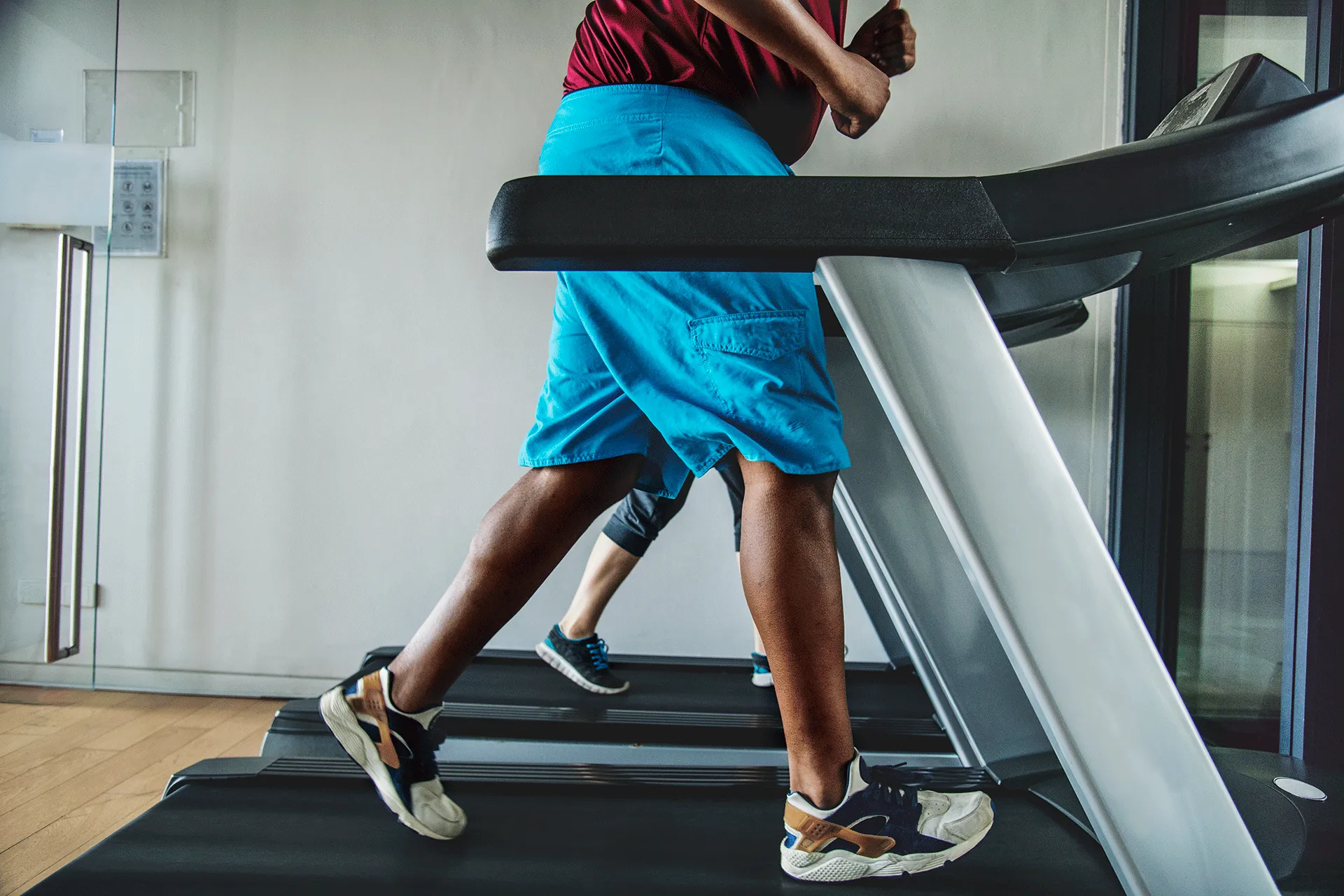.avif)
Hair loss
Hair loss
The 7 Stages of Hair Loss: What you need to know

Real advice for better health, stronger living, and everything in between.

Learn how exercise and lifestyle changes enhance weight loss results with GLP-1 drugs like semaglutide. Discover why healthy habits are essential for long-
Find expert answers to common questions about men’s health issues like erectile dysfunction, hair growth, weight loss, and more. Subscribe now to learn more.
Phoenix is not a pharmacy or drug manufacturer.
Prescription products require an online consultation with a licensed healthcare practitioner who will determine if a prescription is appropriate.
© 2025 Phoenix Digital Health Inc.
Privacy Policy • Terms of Use


